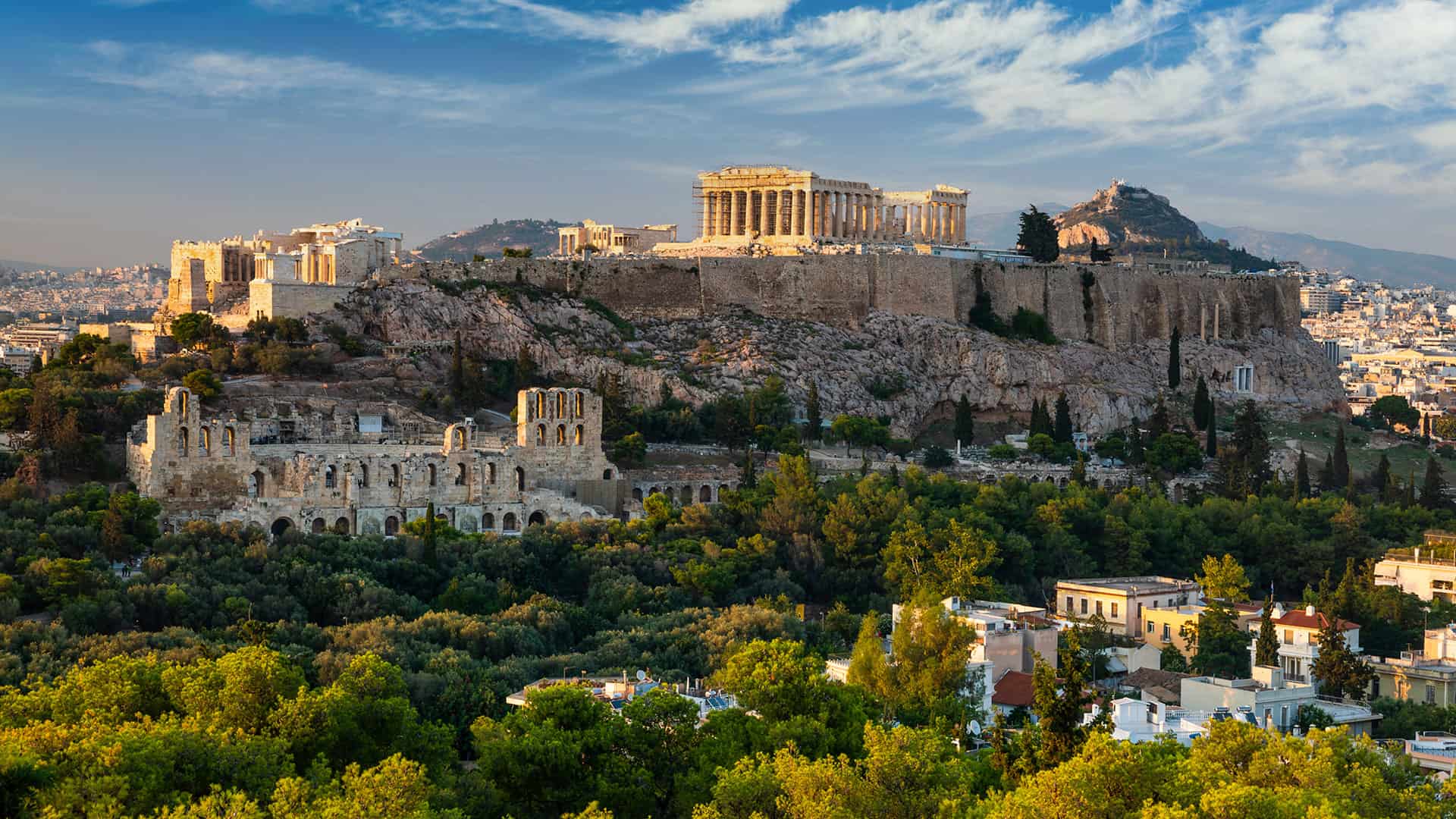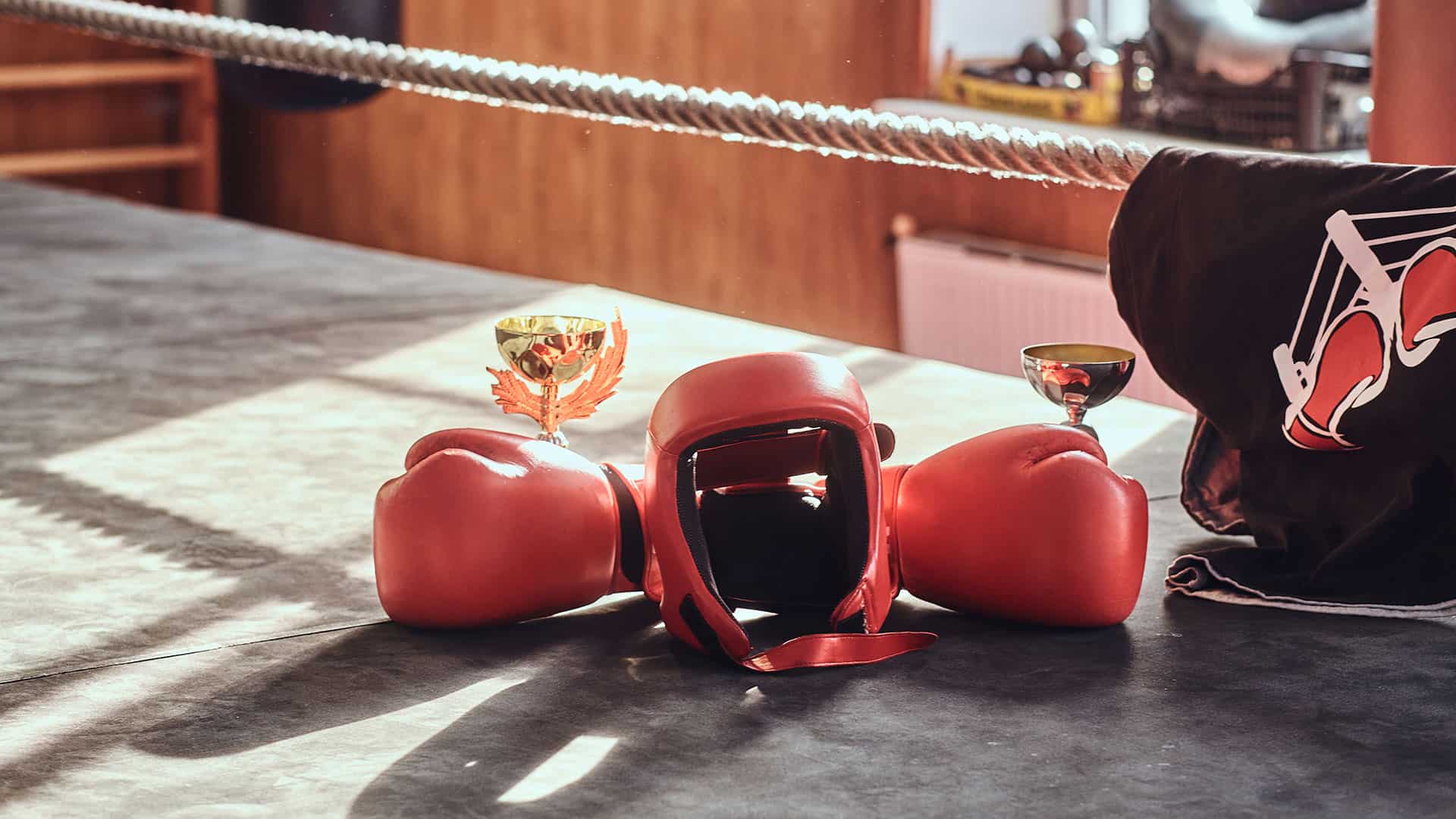“Winning is not important is the only thing that matters” reminds us of a famous motto. But are we sure this is really the case? Or maybe it is better to say that you have to know how to win?
Listen to “Podcast Tips” You Must Know How to Win “” on Spreaker.Podcast transcript
Hello everyone the new Tips podcast. I remind you that you can listen to the mortgage on my website www.marcoprincipi.it.
Victory, everyone likes winning. Nobody likes losing. But victory is something more. It is not enough to win one must also know how to win. And do you know who is a historical figure who has taught us so much about knowing how to win? Julius Caesar.
Of course, my favorite historical figure for so many reasons because he was so many things and I feel so many things too.
I don’t feel like I can only be put in one category, of course.
He was many things but at the highest level: a great general, a great leader, a great politician, a great innovator.
If you think the calendar that we now use every day is practically what he introduced, then the Church has made some changes, some small changes. The month of July derives for example from its name, Julius Caesar.
But don’t think that it was formed immediately, that it immediately became a winner. So much so that at the age of 34, when he was in Spain he started crying in front of the statue of Alexander the Great because he thought that Alexander the Great at his age had already conquered the world, while he hasn’t done anything yet.
His real political and therefore also military career began quite late. He was forty, during the Gaul campaign to conquer Gaul. So he was truly a journey.
He wanted something but his was a path and perhaps this taught me that winning is essential but that’s not all. L’importante è saper vincere.
Every time he won, whether he was in Gaul, whether he was in the civil war against the Pompeians, whether he was in Egypt, he used intelligence and also clemency, pietas.
He never wanted to punish his rivals, only in very few cases did he have to do it but also reluctantly, he almost always involved them, whether they were foreigners and were considered barbarians at the time. he wanted the famous Gallia Cisalpina that would be the Lombardy of now, that the inhabitants become Italian citizens.
The Romans did not want to and he was the first to include those who are now Italians in Italy. Not even once he had conquered Narbonne Gaul and all the other Gaul did he want to include these people because he already believed, had the vision and believed that with peace, the pax romana that was then brought to the umpteenth level by Augustus, to be able to build a world thriving, free where people could live well and thrive.
At the same time in the most atrocious thing that there can be therefore the civil war, therefore the war between Romans and the war between friends between acquaintances and relatives, he against the Pompeians, once won, the truly terrible and bloody war, he did not want to punish, he did not want to punish even the opposing chief commanders but all offer peace to all offer important political roles.
And this in my opinion is its greatness. The greatest thing about victories and innovations was precisely mercy, mercy.
This is also a very Christian thing. Caesar arrived before Jesus Christ and there are many characters who have this concept of piety and mercy but not of humiliation.
Socrates himself arrived even before Caesar, so they were things that already existed in that world and that some great characters have brought to the nth degree.
It is true that to say here he pardoned many people who then contributed to his killing. During March. True. But as is often said, you can kill a man but you don’t kill his ideas.
The great teaching he gave us must also be lenient against those who fought us, know how to recognize their value, understand what they can give us to help and involve them. We must never humiliate that it is sport, that it is work but in life that it is our competitor. Never.





